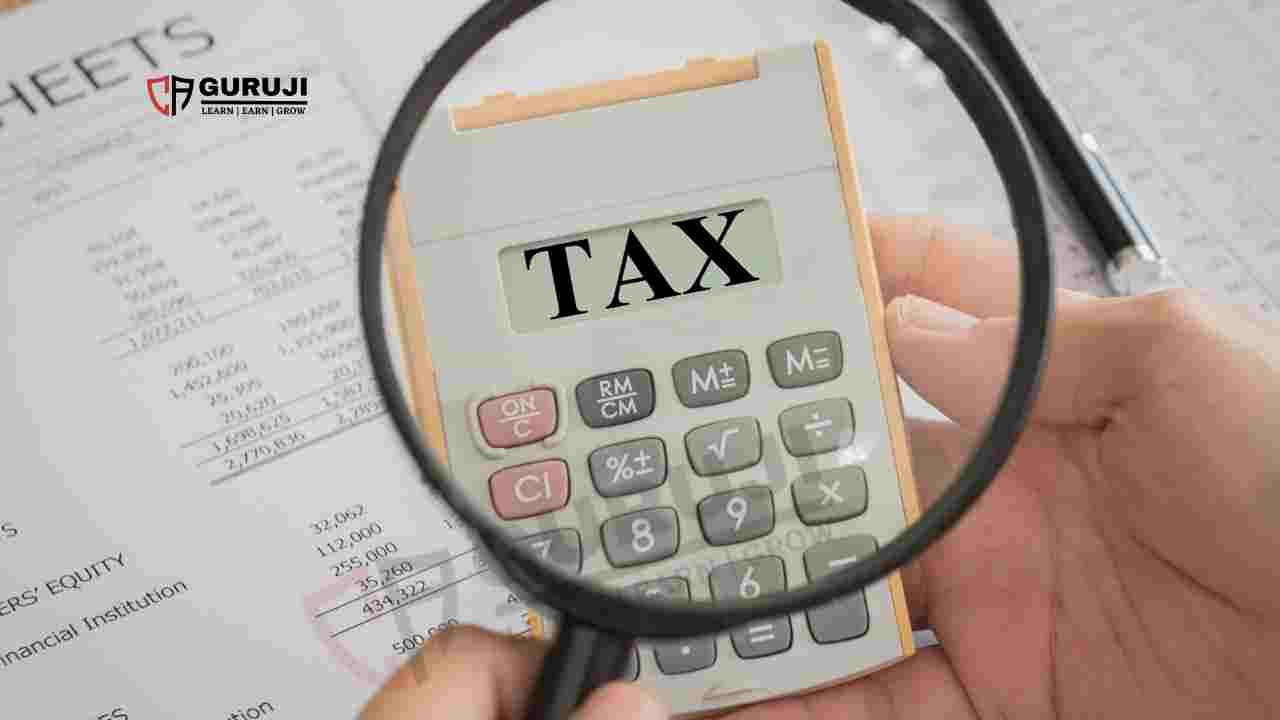Income Tax Act 1961 offers various rebates to reduce the tax burden on individual taxpayers, and Section 87A is a crucial provision in this regard. The recent changes introduced by the Finance Act, 2023, have significantly impacted the application of this rebate, especially under the new tax regime. Let’s delve deeper into its implications and eligibility criteria.
What is Section 87A?
Section 87A of the Income Tax Act provides a rebate on the tax payable for individual taxpayers whose total income does not exceed a specified threshold. This rebate directly reduces the tax liability and is beneficial for taxpayers with lower income levels.
Eligibility for 87A Rebate Under the New Tax Regime
- Applicable Income Threshold:
Taxpayers with a total income of up to ₹7,00,000 are eligible for the rebate. - Rebate Amount:
The maximum rebate available is ₹25,000. If the total tax payable is less than ₹25,000, the entire tax amount is waived. - Exclusions:
- The rebate does not apply to income from long-term capital gains (LTCG) on equity shares under Section 112A.
- The rebate does not apply to short-term capital gains if it is explicitly restricted during assessment.
Example Calculation:
Suppose a taxpayer has a total income of ₹6,93,260, which includes:
- Long-term capital gain: ₹1,38,049
- Short-term capital gain: ₹65,066
According to the provisions, the short-term capital gain qualifies for rebate consideration, but long-term capital gains on equity shares are excluded.
Case Study: Section 87A Rebate Under the New Tax Regime (AY 2024-25)
Let’s analyze the practical application of Section 87A through a real-life case study based on an appeal document filed by Beena Manishbhai Fofaria for the Assessment Year (AY) 2024-25. This case illustrates key issues surrounding the calculation and verification of the 87A rebate, especially when income includes capital gains.
Background of the Case:
- Taxpayer: Beena Manishbhai Fofaria
- Total Income Declared: ₹6,93,260
- Income Composition:
- Long-term capital gain (LTCG): ₹1,38,049
- Short-term capital gain (STCG): ₹65,066
- Rebate Claimed: ₹20,010 (including STCG)
- Rebate Allowed by CPC: ₹10,250
Issue at Hand:
The Centralized Processing Centre (CPC), Bengaluru, while processing the return under Section 143(1), restricted the rebate to ₹10,250. This exclusion was primarily due to the CPC’s interpretation that the short-term capital gain does not qualify for the rebate, which the appellant contested.
Arguments Presented:
- Eligibility Criteria:
The appellant argued that according to the Finance Act, 2023, taxpayers with a total income of up to ₹7,00,000 are eligible for a rebate of up to ₹25,000 under Section 87A. - Capital Gains Clarification:
- The rebate does not apply to long-term capital gains on equity shares as per Section 112A.
- However, the short-term capital gains should be considered for the rebate calculation.
- Natural Justice Violation:
The CPC’s decision did not provide a detailed explanation or an opportunity for the appellant to clarify, thereby violating principles of natural justice.
Appellate Decision:
The appellate authority reviewed the facts and noted the following:
- Correct Interpretation: The CPC’s restriction was deemed incorrect as it excluded STCG from the rebate calculation without proper justification.
- Remand for Verification: The case was sent back to the Jurisdictional Assessing Officer (JAO) for verification. The JAO was instructed to re-evaluate the claim in line with the Finance Act, 2023, and allow the rebate accordingly.
Key Learnings from the Case:
Importance of Documentation:
Maintaining proper records and understanding legislative updates (like those in the Finance Act) can help in defending your case during appeals.
Understanding Income Composition:
Different types of capital gains (LTCG vs. STCG) have distinct implications for rebate eligibility. Ensure correct classification during ITR filing.
Appeal Process:
Taxpayers have the right to appeal CPC decisions, especially if there is a misinterpretation or exclusion without proper reasoning.
Visit www.cagurujiclasses.com for practical courses











